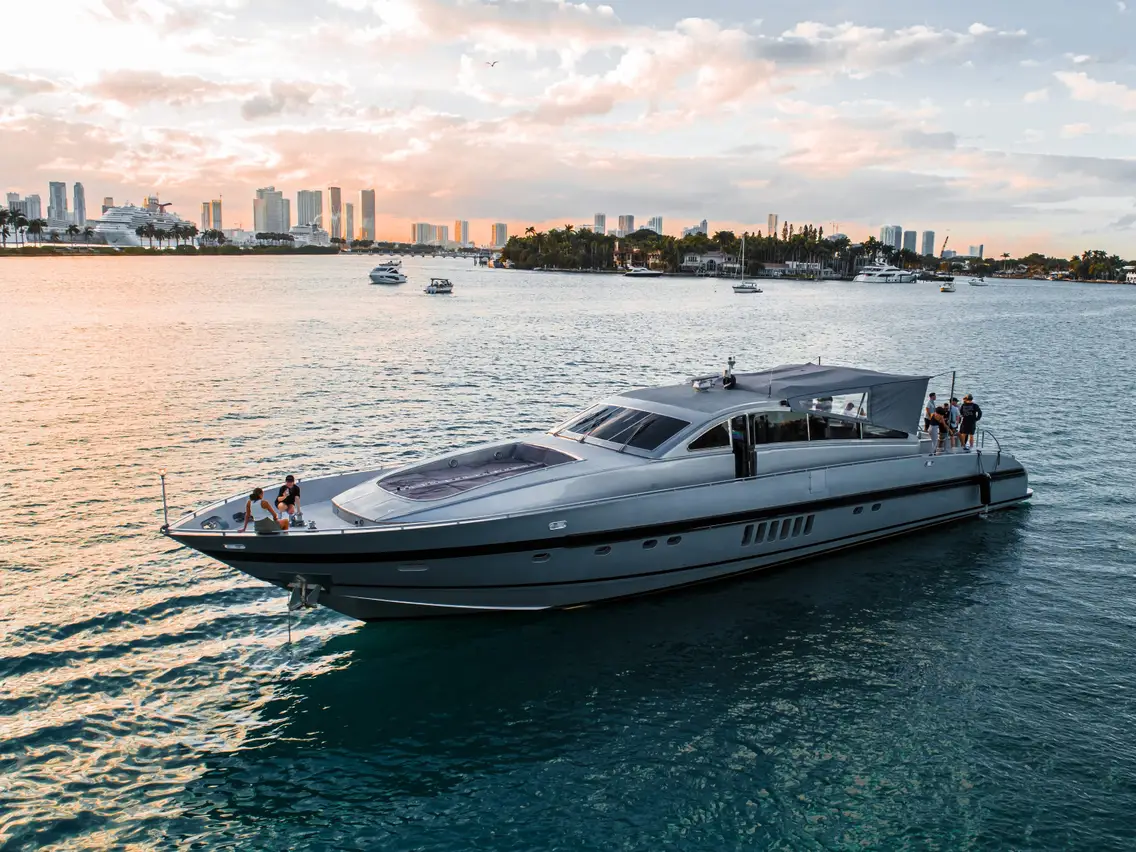Are you looking to start a boat rental business, but feeling overwhelmed by the financials? Don’t worry! This article will provide clarity on how to manage your finances so you can stay afloat.
Let’s dive into understanding the financials of running a boat rental business.
Understanding the Financials
Understanding the financials of a boat rental is an essential part of owning and operating a business such as Delray Beach Boat Rental. Accounting and bookkeeping are important, but it is not necessarily complicated. The goal is to identify what income you have coming in and to measure expenses against that income. It’s also important to keep track of your tax liabilities.
Income can come from several sources: renting vessels, sales taxes, service fees, and other miscellaneous charges. Your total income should be calculated as gross earnings minus any discounts or promotional deductions that may have been offered to customers when they made their rental or purchase.
Expenses include maintenance, fuel costs, employee wages, advertising costs, and miscellaneous operating expenses that occur throughout the course of regular business operations. Some expenses may be difficult to track clearly but must still be accounted for in the books. That’s why bookkeeping skills are so important – they help ensure accuracy in tracking financial data over time which leads to a better understanding of your overall profitability.
Revenue Sources

Generally, the most common forms of income are hourly or daily rentals, as well as memberships, reservations, and special events.
Hourly or Daily Rentals
This is often the most straightforward form of revenue for any boat rental company. Boat owners allow customers to rent boats on an hourly or daily basis and businesses can set their own pricing structure to cover their expenses and generate a profit. Customers are typically required to pay for fuel as an additional fee when renting on an hourly/daily basis.
Memberships
Many rentals offer yearly memberships that offer discounted rates in exchange for committing to renting from the same business. This can be beneficial for both the customer and the business if there is a higher frequency of use over time that allows customers to save money while businesses have consistent clients and revenue streams. These types of memberships can also encourage loyalty among customers who would otherwise shop around.

Reservations
Businesses may pre-rent out boats by taking reservations over the internet or by a phone call in advance with customers selecting preferred times slots or dates when they’d like to rent boats ahead of time. Reservations provide higher revenue opportunities with each reservation offering more earning potential than one-off rentals due largely to the convenience offered with booking capability online – avoiding long wait times during peak seasons.
Special Events
Some boat rental companies leverage special promotional events such as fishing trips (eg; deep sea fishing), island hopping, beach parties, etc., outside regular typical daily rental operations (which may have seasonal variances). Specialty events are often popular amongst visitors who come for week-long vacations giving boat operators additional opportunities through creative promotions and marketing strategies to increase traffic count which results in increased sales volume during peak vacation periods or weekends throughout summer seasons.
What are the costs?

When considering the financials of a boat rental company, it is important to understand the costs associated with operating such a business.
Rental fees
Rental fees are determined by the type of vessel that is rented and how long it will be rented out for. The rates charged should be competitive with those offered by other businesses in the area while also taking into consideration the resources needed to keep a boat and its equipment in good condition.
Staffing and upkeep costs
Staffing and upkeep costs should include wages for any employees necessary to keep the business running such as captains, dock personnel as well as and maintenance workers. Depending on where your firm is located, there may also be licensing or training requirements for staff that are required by law. In addition to wages, other operating expenses should be taken into accounts such as fuel and other supplies necessary for operation.
Legal regulations
Depending on your jurisdiction, there may be laws concerning boating safety and insurance requirements that need to be taken into consideration when setting up a boat rental business. These laws can significantly increase operating expenses due to mandatory insurance policies or certifications that are needed in order to legally operate a vessel or serve customers safely.
Tax Considerations

Depending on their location, boat owners and operators may be subject to sales and use tax, vessel registration taxes, wagering taxes, resort/recreation area taxes, excise taxes on fuel used to power boats, ad valorem property taxes, and personal property tax. On sales of tangible items such as boat rentals, sales tax will generally be due. When renting a vessel on multiple days or overnight charters between two port locations, travelers are allowed certain exemptions from sales and use taxes such as exemption certificates.
Additionally, the Internal Revenue Service requires businesses that rent out vessels to record their transactions so they can report them accurately on their income tax returns. Owners should submit form 1099-MISC to any person who pays them more than $600 for services during the year. Also depending on where the business is located, local governments may choose to require an occupational license or registration fees for anyone in the business of renting vessels commercially.
Financing Options

There are a variety of financing options available for those looking to start a boat rental business. One option is to secure a loan from a bank or lending institution. This may require collateral such as property or equipment, and the borrower will need to have good credit and a solid plan in place. Another option is to seek out investors who are willing to provide funding in exchange for equity in the business.
Crowdfunding platforms can also be used to raise capital from a large number of people. Additionally, some boat manufacturers offer financing programs specifically for businesses in the industry. Careful consideration and research should be done before selecting the best financing option for a boat rental business.
Summary
Boating can be a lucrative business if you understand the financials and stay abreast of changes in the industry. It is important to research different boat rental models, consider the costs associated with starting up a boat rental business, and create an effective pricing strategy that will attract customers. Additionally, you should remain informed about local regulations concerning boating activities. By taking these steps, you’ll be well on your way to running a successful boat rental business!









